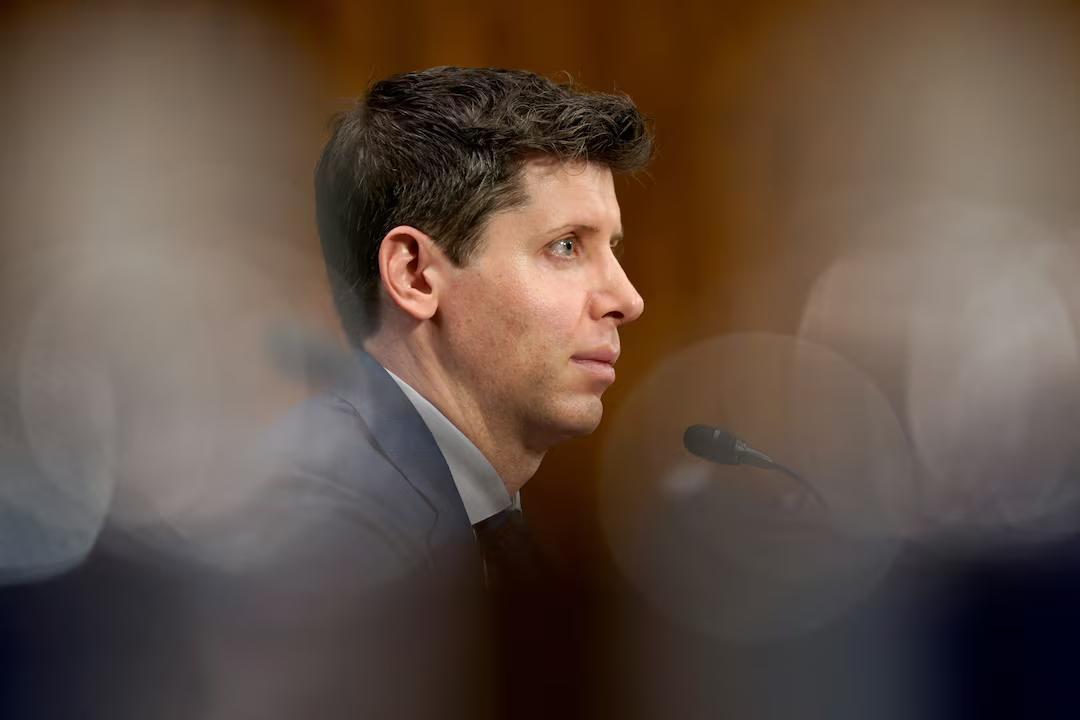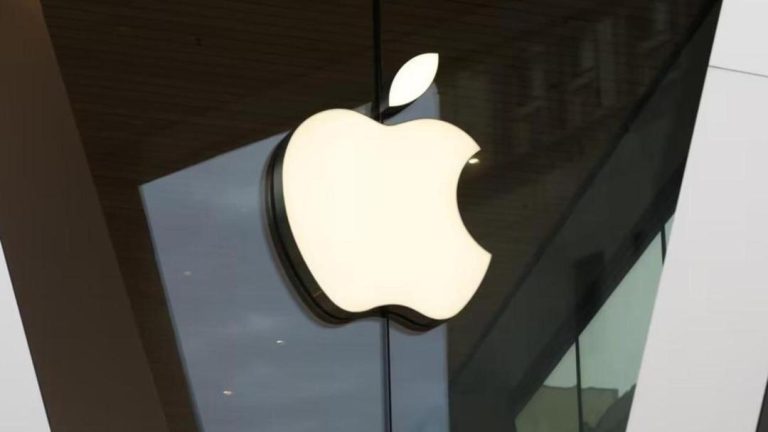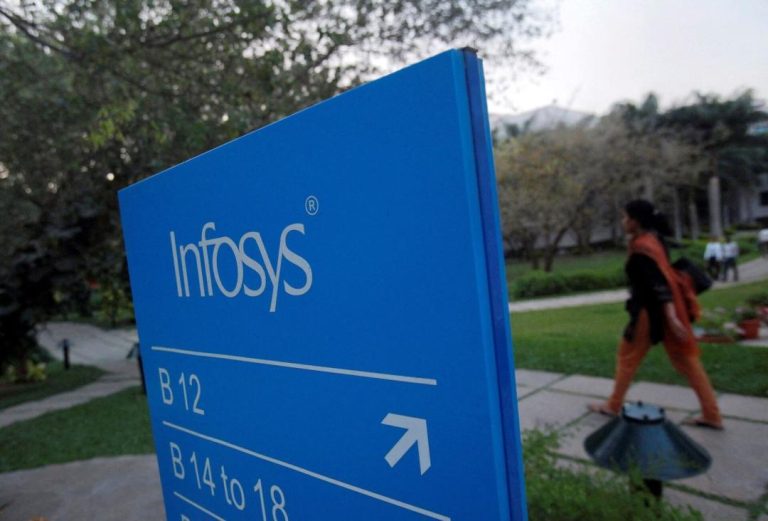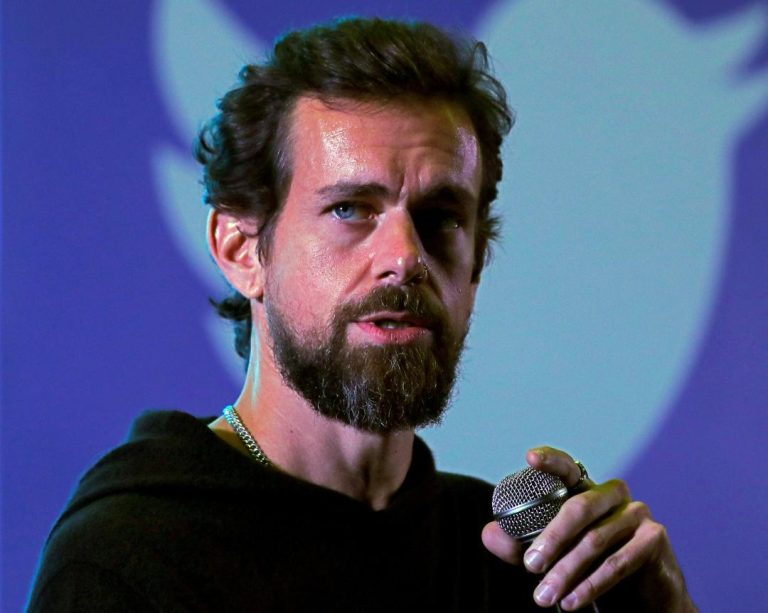
OpenAI Poaches AI Talent from Meta & Others after Meta’s Poaching: Report
The ongoing battle for AI talent in the tech industry has taken a new turn with OpenAI, the maker of ChatGPT, reportedly poaching four high-profile engineers from Meta, xAI, and Tesla. This move comes as Meta continues to poach AI talent from across the industry, according to a recent report by WIRED.
The four engineers who have joined OpenAI’s scaling team are David Lau, the former Vice President of Software Engineering at Tesla; Uday Ruddarraju, the former Head of Infrastructure Engineering at xAI; Mike Dalton, an xAI engineer; and Angela Fan, a researcher at Meta AI.
This development is significant, as it marks a reversal of the traditional poaching dynamic in the AI industry. Typically, companies like Meta, xAI, and Tesla have been known to poach top AI talent from startups and smaller companies. However, with OpenAI’s latest move, it appears that the startup is now fighting back and poaching talent from its larger rivals.
OpenAI’s decision to poach these engineers is likely motivated by a desire to accelerate the development of its AI technology. The company has made significant strides in recent years, particularly with the launch of ChatGPT, which has revolutionized the way people interact with language models. However, to continue pushing the boundaries of AI innovation, OpenAI needs access to the best talent in the industry.
The poached engineers bring a wealth of experience and expertise to OpenAI’s scaling team. David Lau, the former Tesla VP of software engineering, has a strong background in AI and machine learning. Uday Ruddarraju, the former xAI infrastructure engineering head, has experience in building scalable AI infrastructure. Mike Dalton, the xAI engineer, has expertise in natural language processing and computer vision. Angela Fan, the Meta AI researcher, has a strong background in deep learning and has worked on several AI-related projects.
The poaching of these engineers is likely to have significant implications for the AI industry as a whole. It could lead to a shift in the balance of power, with smaller startups like OpenAI gaining an upper hand in the battle for AI talent. This, in turn, could lead to faster innovation and more breakthroughs in the field of AI.
However, the impact of this poaching spree may not be limited to the AI industry alone. It could also have implications for the broader tech industry, as companies in various sectors continue to rely on AI technology to stay competitive. The poaching of top AI talent could lead to a shortage of skilled workers, which could have significant consequences for companies that are struggling to find the right people to fill their AI-related positions.
In conclusion, OpenAI’s decision to poach four high-profile engineers from Meta, xAI, and Tesla is a significant development in the AI industry. It marks a reversal of the traditional poaching dynamic and highlights the importance of talent in driving innovation in the field of AI. As the battle for AI talent continues to escalate, it will be interesting to see how companies like OpenAI, Meta, and Tesla respond to these developments and how they adapt to the changing landscape of the AI industry.






